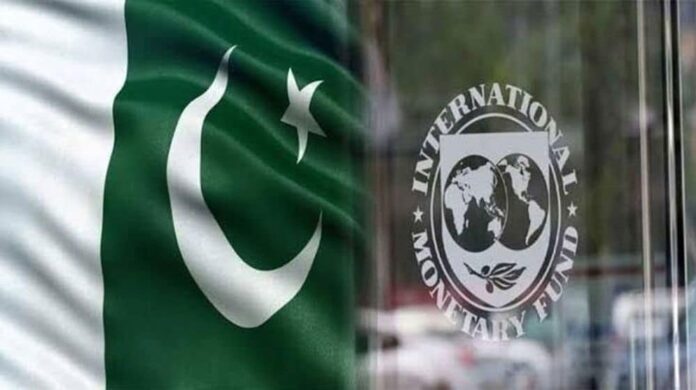The State Bank of Pakistan (SBP) has received the first tranche of $1.03 billion from the International Monetary Fund (IMF) under its Extended Fund Facility (EFF). The inflow will help in bolstering Pakistan’s foreign exchange reserves, following the country’s agreement with the IMF. As part of the approved $7 billion loan package, the State Bank receives 1st tranche of IMF loan, a move expected to provide much-needed economic relief.
State Bank Receives 1st Tranche of IMF Loan Amounting $1B
In a statement issued on Friday, the SBP confirmed the receipt of 760 million SDR (Special Drawing Rights), equivalent to $1.03 billion, this disbursement will push the country’s foreign reserves beyond the $10 billion mark, providing a cushion for Pakistan’s external account, which has been under severe pressure in recent months. The central bank is expected to update its official reserves data next week.
The IMF tranche is part of the $7 billion Extended Fund Facility agreed upon with the IMF. The inflow will contribute significantly to stabilizing the economy, following months of negotiations where the government had to implement stringent reforms to meet IMF conditions. Prime Minister Shehbaz Sharif had earlier expressed optimism about securing this financial assistance, stating that the country had successfully met all the necessary criteria.
Impact on Pakistan’s Economic Outlook
With the State Bank receiving 1st tranche of IMF loan, Pakistan’s foreign exchange reserves are expected to cross the $10 billion threshold, improving the market’s outlook. The SBP’s reserves had recently dropped to a critical low, raising concerns over the country’s ability to meet its international obligations. The IMF disbursement, coupled with assurances of further financial support from countries like Saudi Arabia, the UAE, and China, is likely to restore confidence among investors.
Economic experts believe that this influx of funds will help stabilize the Pakistani rupee, enhance export performance, and encourage foreign investment in short-term bonds. Despite concerns about the temporary nature of this improvement, analysts predict that it will help secure additional credit from international lenders, allowing Pakistan to navigate its financial challenges more effectively. The focus now shifts to sustained economic reforms, aimed at long-term stability, as outlined by the IMF in its agreement with the country.
Read more: IMF Executive Board Approves $1.1 Billion Loan Tranche for Pakistan


























